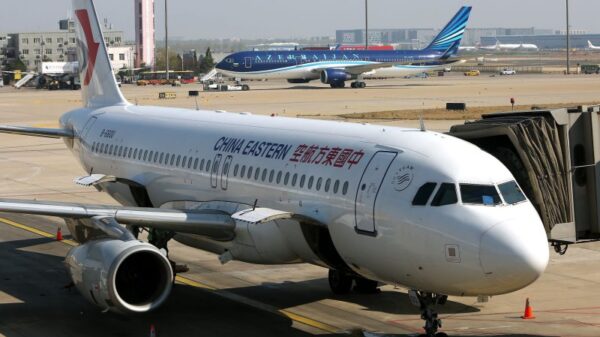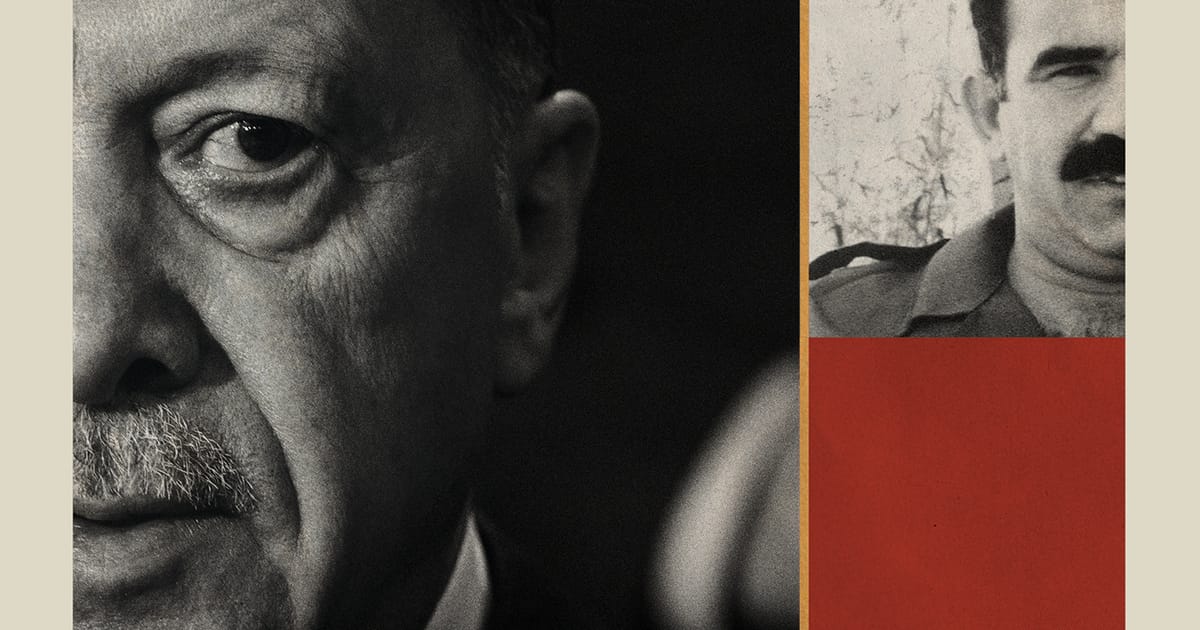As Turkey’s President Recep Tayyip Erdoğan faces declining support, he embarks on a high-stakes gamble to secure a political lifeline by negotiating with the Kurdish minority. This bold strategy aims to resolve a decades-long conflict that has claimed around 40,000 lives, but mutual mistrust poses significant hurdles.
Erdoğan’s plan involves integrating Abdullah Öcalan, the imprisoned leader of the Kurdistan Workers’ Party (PKK), into Turkish politics. The PKK is recognized as a terrorist group by Turkey, the United States, and the European Union. This move underscores Erdoğan’s precarious position as he attempts to consolidate power in a nation of 85 million, or risk political extinction.
Background and Political Context
Following significant losses to the secular opposition in the 2024 municipal elections, Erdoğan’s grip on power has weakened. His response has been a shift toward authoritarianism, evidenced by the imprisonment of Istanbul Mayor Ekrem İmamoğlu and a crackdown on opposition mayors. Many of Erdoğan’s former allies have distanced themselves, leaving him in need of new support.
The Kurdish initiative is fraught with risk. Mainstream Turkish sentiment remains wary of the PKK, and the Kurdish community is cautious about trusting the government. Despite these challenges, initial progress is anticipated with a symbolic handover of PKK weapons in northern Iraq’s Sulaymaniyah province.
Öcalan’s Role and Reactions
Öcalan, in his first video statement since 1999, declared the end of the PKK’s armed struggle, citing the recognition of Kurdish existence as a fulfilled objective. He described the transition to democratic politics as a “historic achievement,” rather than a defeat.
“Existence has been recognized and therefore the primary objective has been achieved. In this sense, it is outdated … This is a voluntary transition from the phase of armed struggle to the phase of democratic politics and law.” — Abdullah Öcalan
Öcalan’s influence remains contentious. Known as “Apo,” he has been imprisoned on İmralı Island since 1999, a place often likened to “Turkey’s Alcatraz.” His role in the peace process is significant, yet the path to reconciliation is fraught with historical grievances and political complexities.
Challenges and Skepticism
The Kurdish conflict is deeply embedded in Turkish politics, with Kurds representing 15 to 20 percent of the population. Many Kurds feel marginalized since the establishment of the Turkish republic, while a significant portion of Turks view the PKK as a terrorist threat.
Devlet Bahçeli, an ultranationalist and Erdoğan’s key ally, has historically opposed Öcalan and the PKK. However, his recent support for Öcalan addressing parliament marks a dramatic shift, highlighting the volatile nature of Turkish politics.
Despite these developments, skepticism remains. Nurcan Baysal, a Kurdish human rights activist, argues that the government’s focus on disarming the PKK does not equate to genuine peace, as it overlooks broader Kurdish rights.
“The government is presenting this as a ‘terror-free Turkey’ process and is trying to limit it to just the PKK laying down its weapons and dissolving itself. This is not peace!” — Nurcan Baysal
Implications and Future Prospects
Erdoğan’s Kurdish gambit is not without its critics, even within his own ranks. Harun Armağan, the AK Party’s vice chair of foreign affairs, acknowledges public skepticism but maintains that Erdoğan is uniquely positioned to navigate this complex process.
“Recep Tayyip Erdoğan is the only leader in Türkiye who could initiate such a process.” — Harun Armağan
Erdoğan’s broader strategy may also be influenced by regional dynamics, particularly in Syria, where he seeks to sever ties between Syrian Kurdish groups and the PKK. This geopolitical maneuvering underscores the multifaceted nature of his Kurdish outreach.
As Erdoğan contemplates constitutional changes to extend his presidency, his Kurdish initiative could play a pivotal role. However, the success of this high-risk strategy depends largely on Kurdish willingness to engage and the broader political landscape in Turkey.
Ultimately, whether Erdoğan’s gamble pays off will hinge on the delicate balance between his political ambitions and the aspirations of Turkey’s Kurdish population. The outcome of this initiative could shape the future of Turkish politics and the region’s stability.





































































